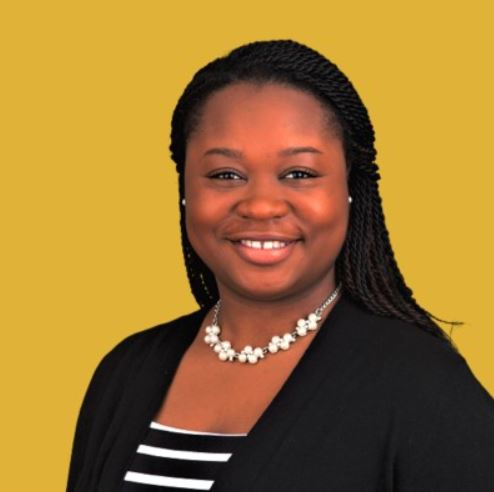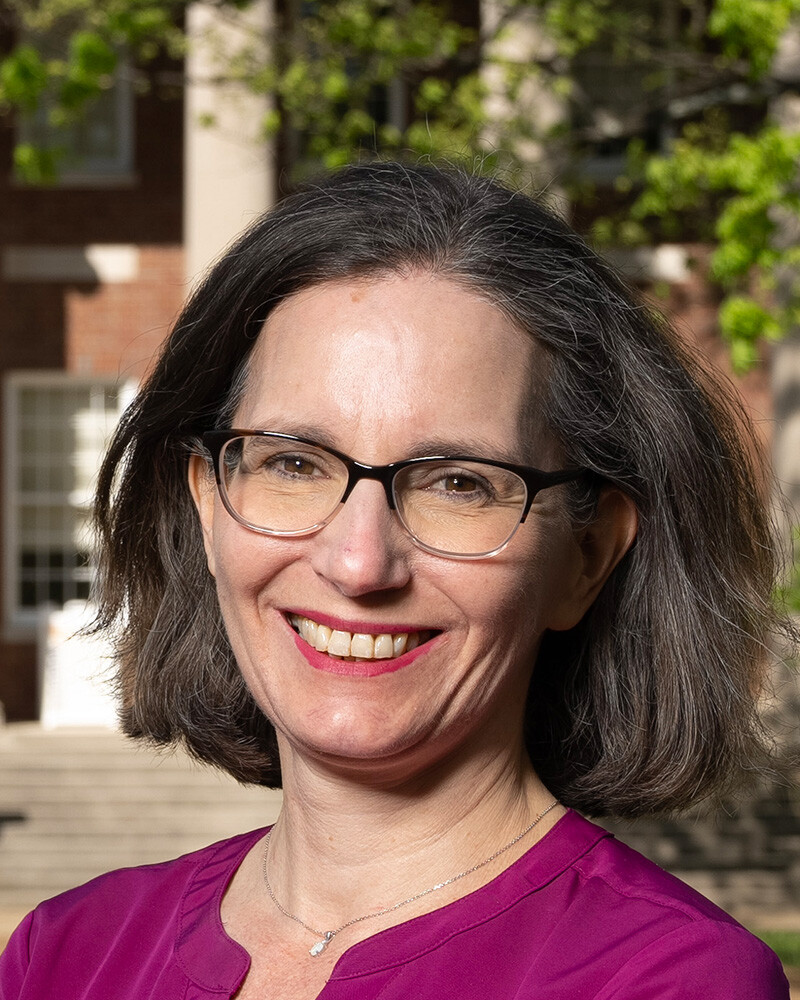By Jenna Somers
A recent study finds that Black high-school students tend not to believe that their teachers are adequately prepared to teach them math in appropriate ways, have negative perceptions of their math ability, and lack awareness about the intersection between math and their desired careers.
Published in the American Educational Research Journal, the study—“‘He’s Probably the Only Teacher I’ve Actually Learned From’: Marginalized Students’ Experiences With and Self-Perceptions of High School Mathematics”—was led by researchers at Vanderbilt Peabody College of education and human development and included student interns from the University of Puerto Rico and Fisk University. The research team emphasizes the need for inclusive and equitable teaching practices to support the math development of marginalized students, especially Black girls.

“One of the key takeaways is that students were generally committed to their learning and vocal about their needs but were often ignored or silenced,” said Ashli-Ann Douglas, PhD’22, MS’19, now a research associate at WestEd and the study’s lead author. “This was particularly true for Black girls who face unique, added barriers in their math classes. As such, eliciting, listening to, and addressing all students’ concerns and suggestions is a useful and practical way for teachers to gather feedback and work toward improving the effectiveness of their instruction and learning environment.”
The study engaged 67 focus groups with 251 predominantly Black high-school students experiencing economic marginalization.
Key Findings:
- Many students felt their teachers lacked the skills and knowledge to teach them math effectively and support their mathematical development. Seventy-one percent of Black girls and 43 percent of Black boys in general math classes shared negative experiences with a teacher’s instruction.
- Black girls, especially, had difficulty developing positive math identities and misunderstood the utility of math for their future careers. Seventy-one percent of Black girls, compared to only 14 percent of Black boys, reported having a negative math identity.
- Many students did not understand that proficiency in advanced math would be required of their desired future careers. Ninety-nine percent of students identified basic math as useful for future careers, but only 58 percent said the same of advanced math, reflecting a lack of knowledge about the math proficiency required of STEM fields that many hoped to pursue. This disconnect was greater for Black girls (86 percent) than Black boys (67 percent).
Practical Advice for Educators:
Based on the study’s findings, the researchers recommend these strategies for educators and schools to develop more inclusive and equitable math teaching practices:
- Invest in developing relationships with students and create supportive classroom environments that foster joyful learning.
- Engage in positive interactions, explicitly recognize all students’ math abilities and learning efforts, and solicit and acknowledge the contributions of all students, especially Black girls.
- Build a collaborative classroom culture by implementing practices that share power with students, such as group work, peer help, and allowing students to share their work and ideas with the class. These practices can promote learning and engagement by recognizing students’ efforts.
- Offer teachers professional development focused on improving their ability to provide math instruction and to support all students’ math development.
- During math instruction, discuss with students the importance of math proficiency to their career goals and envisioned futures.

“Our research illustrates the value of asking questions of and listening to your students, as they have many insights to share,” said Bethany Rittle-Johnson, professor of psychology and the Anita S. and Antonio M. Gotto Chair in Child Development at Peabody College. “This includes asking about their experiences in math classrooms, perceptions of their math abilities, and the usefulness of the math they are learning. It is especially important to listen to students who may not typically be vocal or centered in math classrooms.”